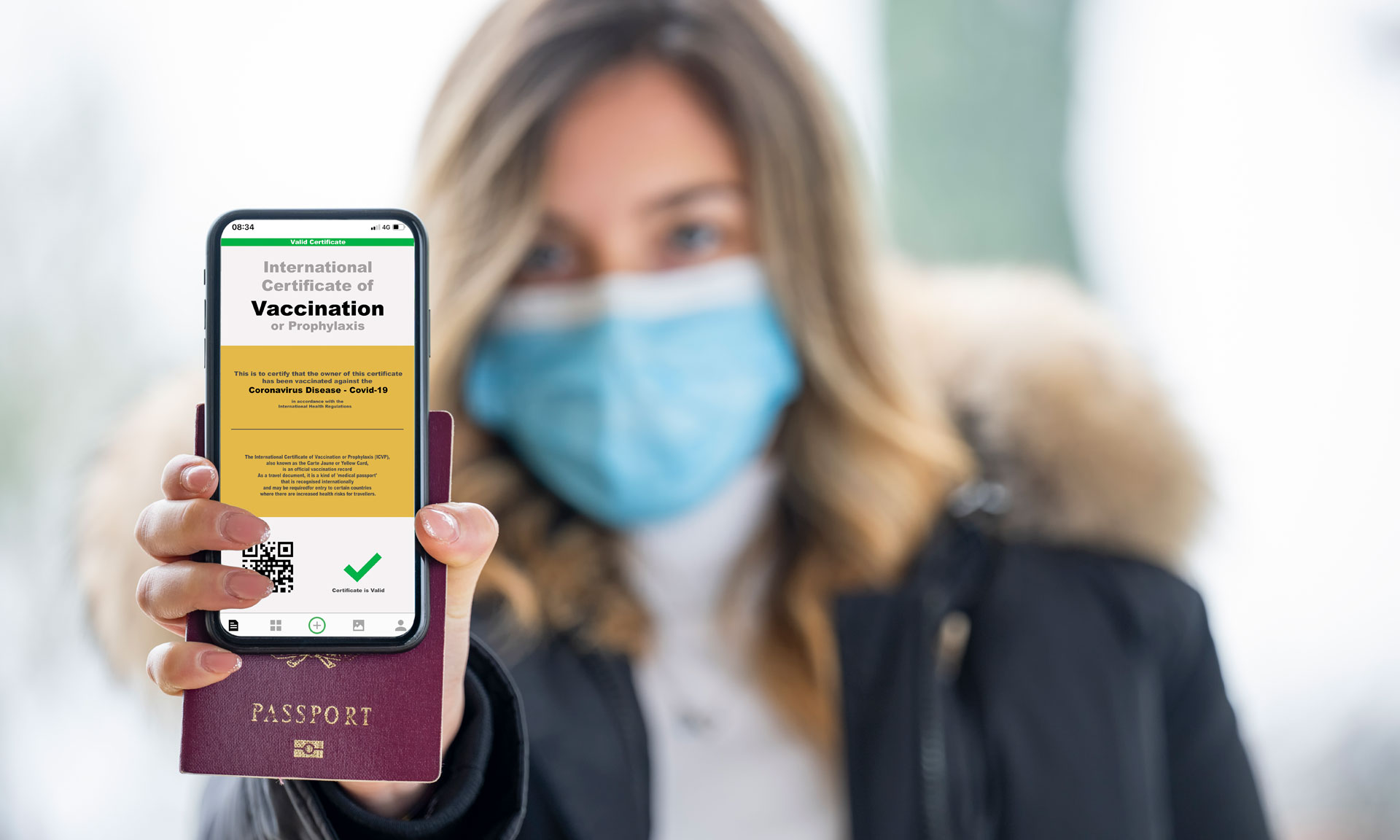Thus it could be that their 'cases' includes more asymptomatic or very-mild cases in the graph for this wave. As a result, it could be that the hospitalisation rate is actually the same as it was, for a given 'infection severity'.
OK, well, here's anothe plot, this time showing the difference in the positivity rate between vaccinated and unvaccinated groups. I think, we can see the effect of vaccine quite clearly.
3. The conspiracy theory makes no sense and is just bizarre. Why would Merck conspire against itself?
There is only one reason for that, because it is in its own interest. Ivermectin is useless to Merck since it is generic, out of patent, Merck believes no good can come of it to Merck, so perhaps Merck has something better in the pipeline, not yet ready, but for which they can charge much more?
allowing the virus to have much more exposure to the vaccines,
/quote]
No. The virus never encounters vaccine. You are confused about how vaccine works. The point of vaccine is to ready the body's own immune system before for the real virus arrives. That is why there is a delay after vaccination. It is not vaccine that affects the virus, the vaccine is already gone, by then, destroyed by the immune system. The virus is only expsed to the body's own immune system.
Oh, come on. This is sophistry not logical / scientific argument.
Two points.
You pick up on a mistake in my language. I shouldn't have made it but I'm sure you know what I meant anyway. I should have said 'exposure to the vaccinated' not to the vaccine. With that clarification do you agree with the argument -- that the more vaccinated there are the more the virus is exposed to people who have an immunity created using the vaccines, and the more opportunities the virus has to mutate to evolve vaccine escape? This is classical evolutionary microbiology, not some fancy interpretation of the science. It is, for example, why we worry about people keeping to their course of antibiotics to avoid antibiotic resistance forming (and don't you dare start on about 'that's for bacteria and covid is a virus, you dummy' -- it is an illustration of how evolution works, not a statement that sars-cov-2 is a bacteria).
I see far too much of this sort of thing in arguments against covid and the vaccinations -- people using clever techniques to discredit any statements rather than answer scientific uncertainties (etc) directly -- ad-hominem attacks, attacking language (covid-19 vs sars-cov-2 is a favourite), pulling debate away from troublesome areas, and just filling debate with worthless argument rather than actual debate. It really is very clever, but it isn't 'science' and it isn't helpful when it comes to trying to find the right way forwards in this mess of a pandemic.
Thus it could be that their 'cases' includes more asymptomatic or very-mild cases in the graph for this wave. As a result, it could be that the hospitalisation rate is actually the same as it was, for a given 'infection severity'.
OK, well, here's anothe plot, this time showing the difference in the positivity rate between vaccinated and unvaccinated groups. I think, we can see the effect of vaccine quite clearly.
Screenshot 2021-06-16 at 20.06.19.png
That type of result could be obtained by having vaccines that resulted in increasing rates of asymptomatic infection compared with that found in natural infection. And, indeed, this is suggested to be the case from other studies (I'll provide references if you like).
People are more likely to come forward for testing if they know that they're infected, so a bias towards asymptomatic infection would result in the appearance of having relatively fewer cases.
Is that an issue? Not when it comes to avoiding hospitalisations and deaths in the vulnerable -- the vaccines remain effective in that group and are to be recommended.
It might be an issue when it comes to the non-vulnerable -- if we have a relatively high proportion of asymptomatic or very-mild-symptom infections then it those individuals would be far less likely to self-isolate and thus might spread covid to others.
Is this the case? I don't know. The data coming out is very poor and I'd like it to be better.
I actually believe that the vaccines are still providing a reasonable protection against infection and a fairly high protection against hospitalisation and death, I am merely stating that the data shown to support this isn't necessarily as straightforward as is being suggested. I'm also very weary of the enormous selective pressure for vaccine escape we've created through mass vaccination.
the vaccines appear to be working on theIndian variant. The vast majority of those getting ill are unvaccinated, the unvaccinated are keeping the vaccinated in lockdown, along with themselves. So which do you hate most lockdown or vaccine? if you hate vaccine, there will be lockdown forever!
Screenshot 2021-06-16 at 20.06.19.png
Perhaps it is a trade off between jam now or tomorrow?
Sure, there's a reduction in cases in the vaccinated. I believe this to be the case, and accept it as being very likely to be true.
But I also believe that mass vaccination with an imperfect vaccine drives vaccine escape.
Thus the question shouldn't be 'look at the lovely reduction in cases! How could you argue against vaccination?'
But should rather be 'look at the vaccine escape! How could you as a non-vulnerable person work to reduce your risk from covid from very very low to very very very low, when the end result could well be that a vulnerable person will lose their protection and go from only-slightly-at-risk to very-much-at-risk?
I'd really like to see modelling of this -- how many lives are saved now in the non-vulnerable vs how many lives lost in the future in the vulnerable? At least we'd then have an idea of what should be done, rather than the simplistic mania to vaccinate everyone.











